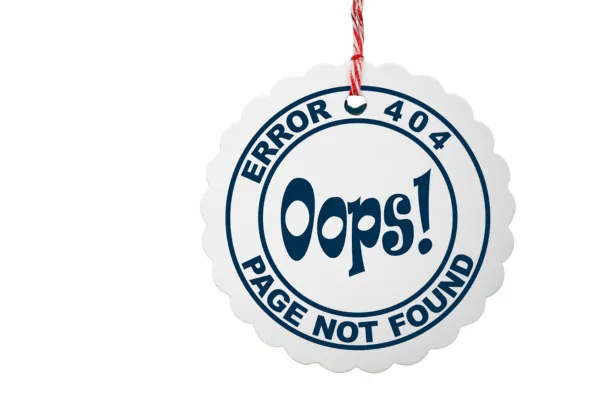We use cookies to improve your experience on our site. By using our site, you consent to the use of cookies. Rejecting cookies will prevent non-essential cookies from loading.

- Home
- SAS
- SAS Overview
- 2025 SAS Board Member Journal
- 2025 SAS Board Chair Guidebook
- 2025 Small Church SAS Guide
- Reflection Journal
- SAS Overview Webinar
- SAS Accountability
- Equipping Leadership Boards
- Equipping for Nominations
- Equipping for "My Job"
- Effective Use of a SAS Agenda
- SAS Coaching Certification
- FREE Judicatory Resources
- SAS Coaching
- District SAS Training
- Local Church SAS Subscription
- CLM SAS Course
- Lay Servants Leading/Governing
- Greatest Expedition
- Marketplace Multiplier
- Resources
- Services
- Blog
- Contact
